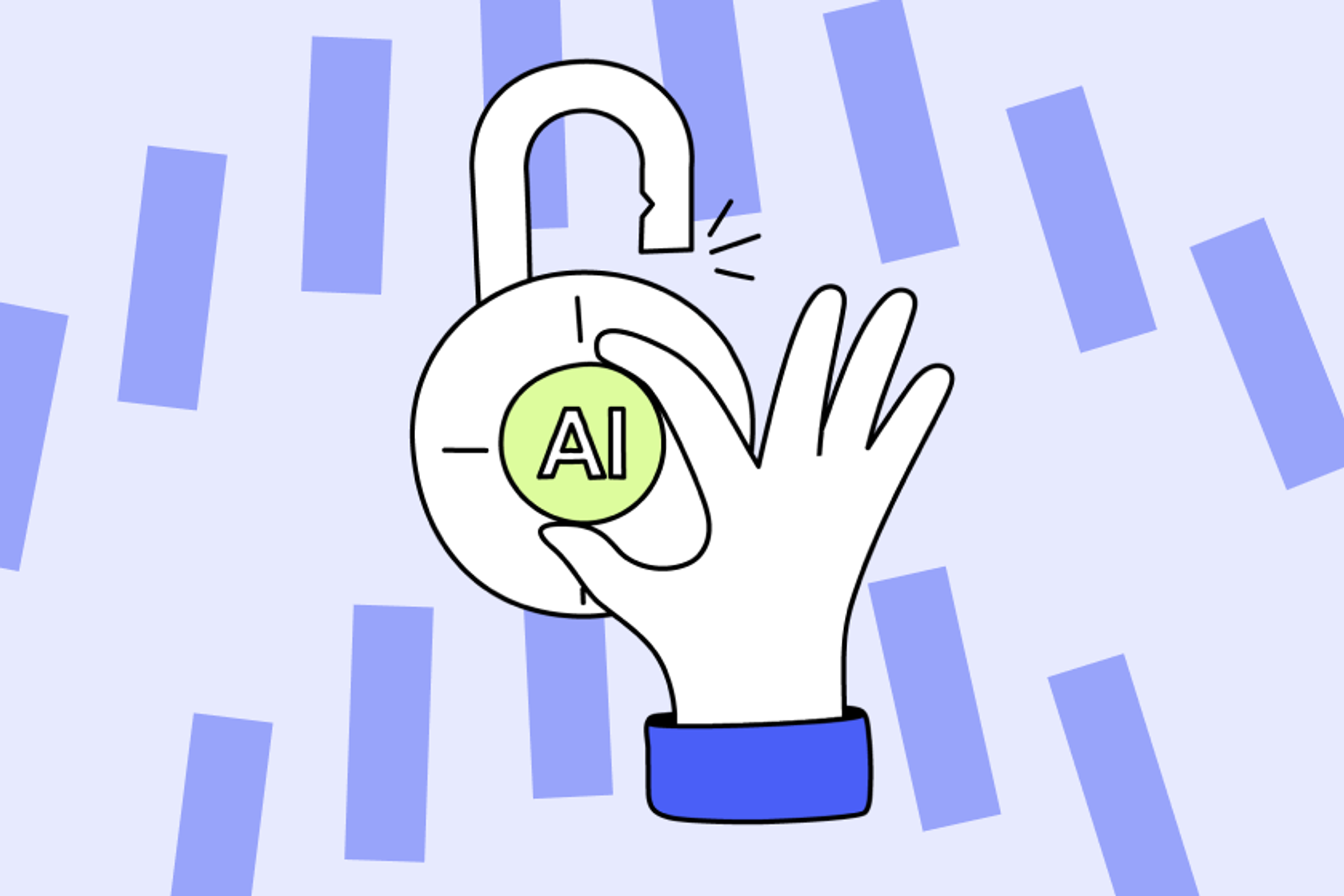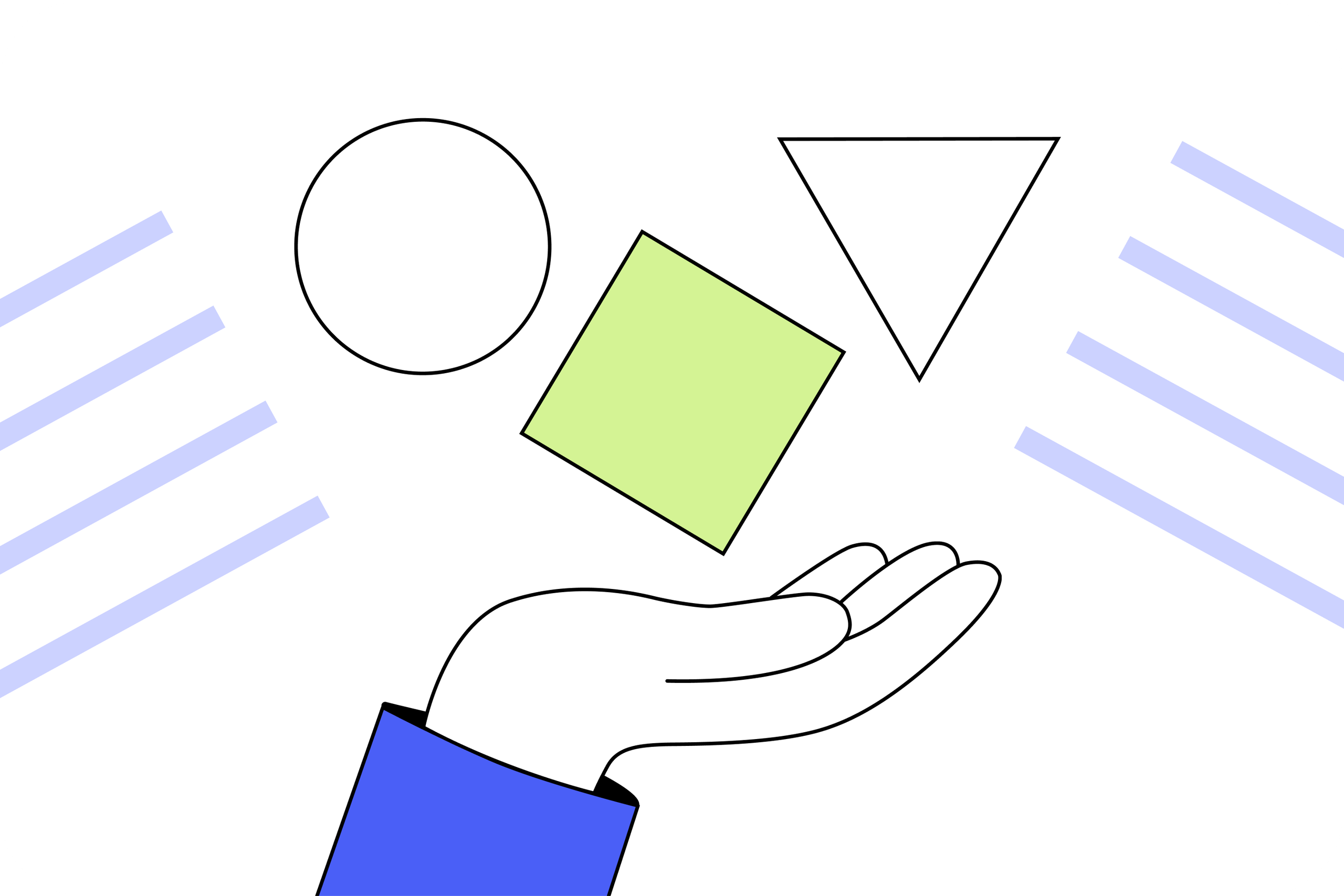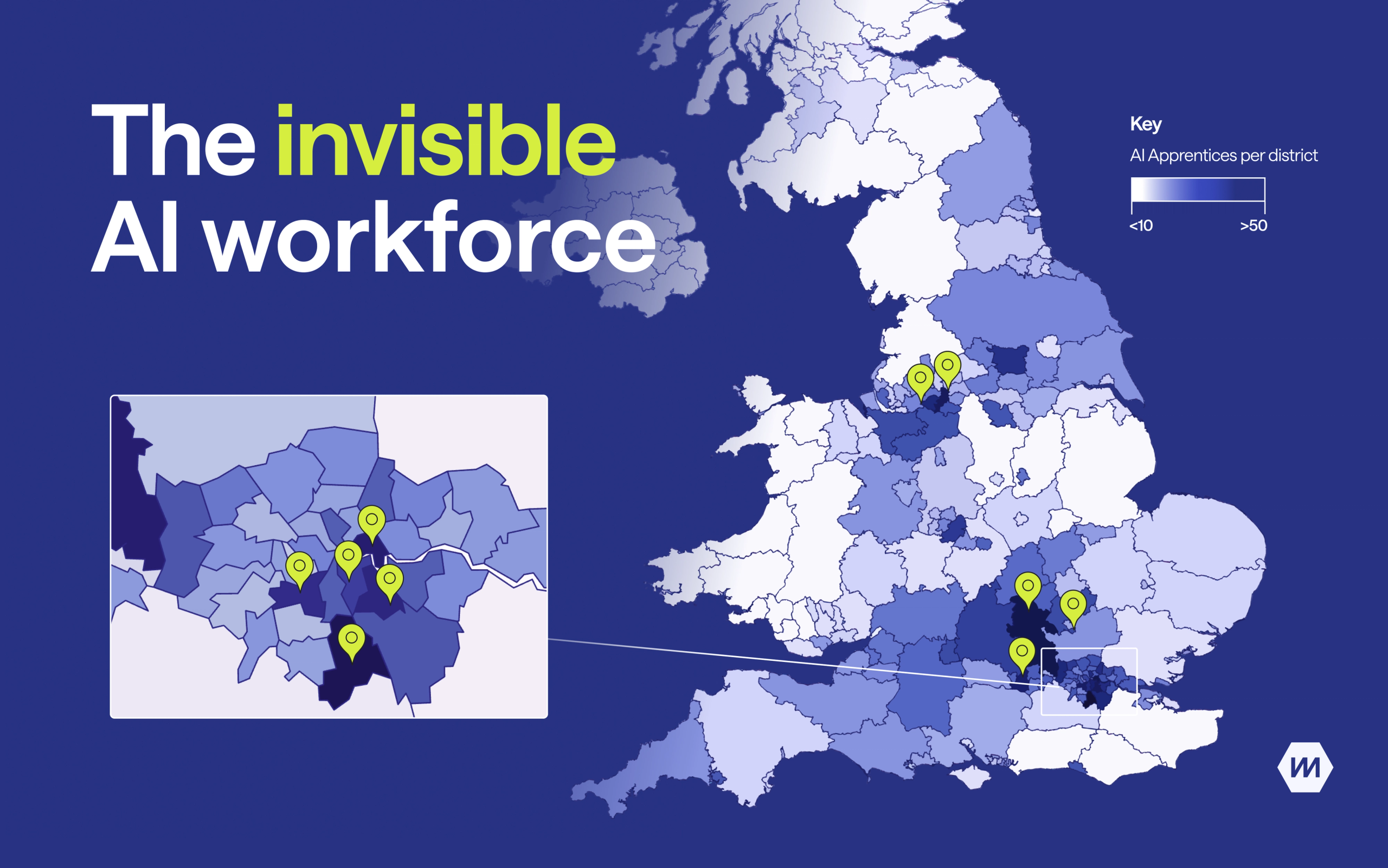Study of nearly 300 professionals using AI at work reveals strong link between employee-AI collaboration and work engagement.
The effect is activated by ‘task crafting’, with employees who redesign their roles seeing the most significant motivational benefits.
Employees who proactively reshape their jobs to incorporate artificial intelligence are significantly more engaged at work, according to a new study by researchers at Multiverse, the upskilling platform for AI and tech adoption.
The research, which surveyed 295 professionals who had actively used generative AI for at least six months, found a strong positive statistical relationship (R² = .184) between employee-AI collaboration and work engagement.
Crucially, Multiverse identified a key behaviour that unlocks this positive relationship: task crafting. This concept refers to the proactive steps employees take to alter the scope, number, or type of tasks that make up their job.
The study finds that the positive link between AI collaboration and employee engagement is stronger for employees who reported high levels of task crafting. For those who engaged in less task crafting, the relationship was not statistically significant.
Gallup’s latest employee engagement report(opens new window) shows that organisations scoring in the top quartile for employee engagement have 23% higher profitability, 18% higher sales and 78% lower absenteeism than those in the bottom quartile. If deeper AI collaboration could act to increase employee engagement, there is a clear case for employers to train their workforce to improve the quality of employees’ AI usage.
In turn, this could reduce the production of low-quality generative AI output, AI ‘slop’, which is created by low-effort engagement with AI tools.
The Multiverse study defines AI collaboration as the extent to which AI is embedded in core work cycles like problem-solving, drafting, and evaluation. Findings show that those who exhibit higher levels of AI adoption by this measure are more dedicated and absorbed in their roles, and thus score higher on employee engagement. This counters the prevailing narrative that heavy reliance on AI indicates lower quality of work output, and lower engagement with the work itself, as indicated by MIT’s study on ChatGPT reducing cognitive engagement(opens new window).
“This research moves the conversation beyond AI as a tool solely for automation and efficiency," said Barry Goulding, organisational psychologist at Multiverse. "Our findings suggest AI can be a powerful job resource that directly fuels engagement - but not automatically. The benefits are activated by giving employees agency to shape their role around AI. This means they can transform their work from a collection of demands into a series of engaging challenges.”
"For business leaders, this is a playbook for maximising the return on their AI investments," said Laura Ball, Senior Director of Learning Science at Multiverse. “Companies must invest in a new kind of training that equips employees with the skills to become 'AI job crafters'. That means fostering proactivity, strategic thinking, and giving them the confidence to reimagine their roles - rather than using AI to create 'slop' at greater speed than ever."
These findings build on Multiverse’s growing bank of research into the mechanics of effective AI upskilling. Multiverse learning scientists recently unveiled the 13 critical durable skills required for AI adoption, including creativity, analytical reasoning and systems thinking.
Multiverse has trained more than 20,000 apprentices in AI, data and digital skills since 2016, working with over 1,500 companies to transform the workforce at scale. Programmes are targeted at people of any age or career stage.



